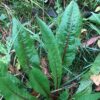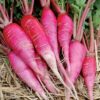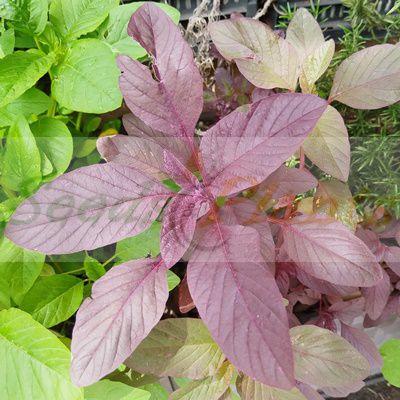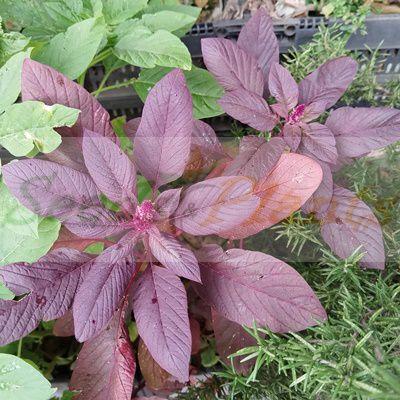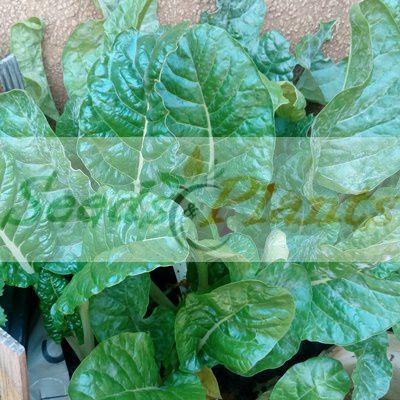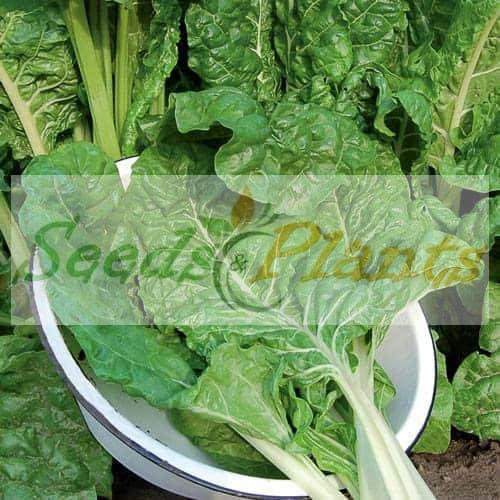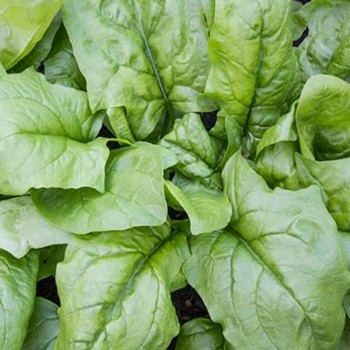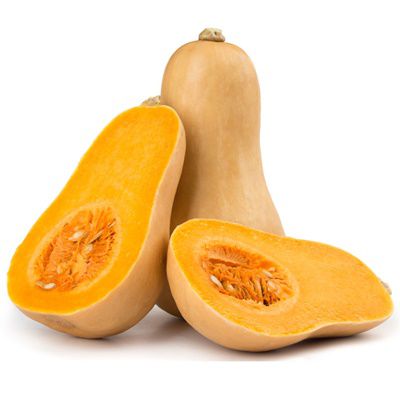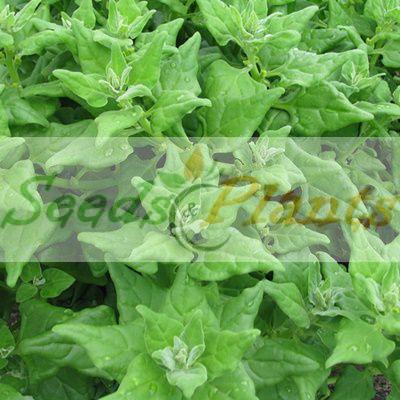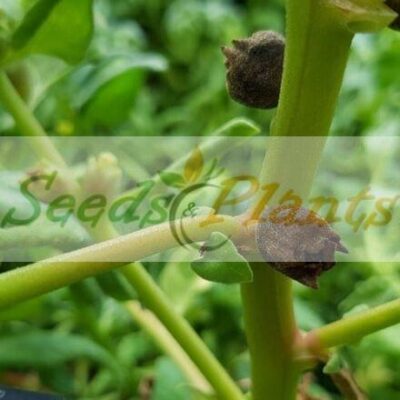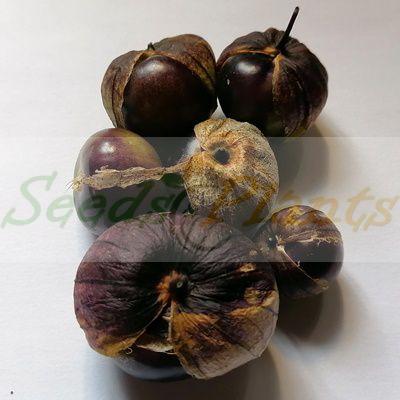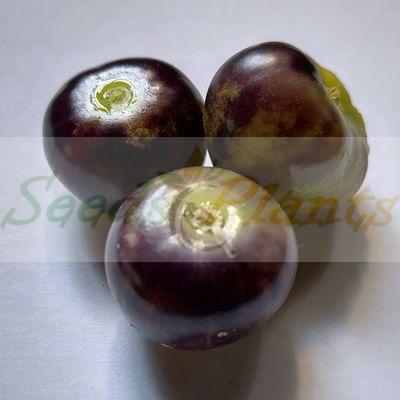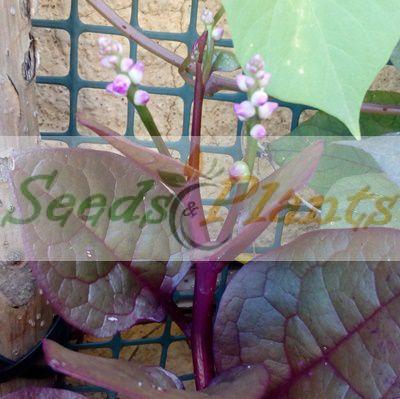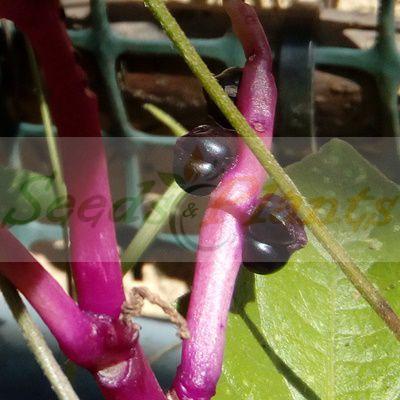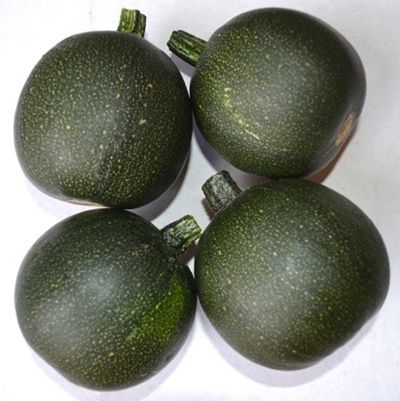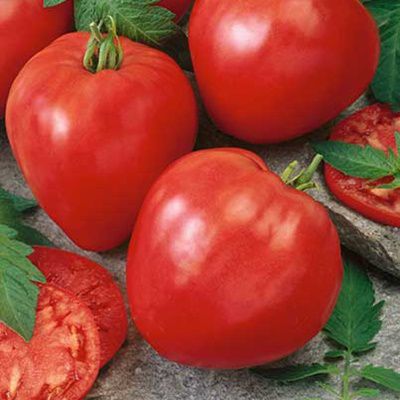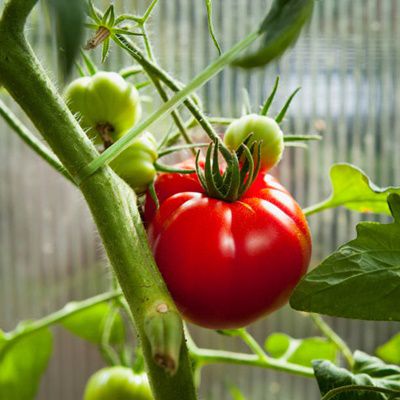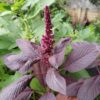🥕 Vegetable Quick Facts
Vegetable Info
- 🍽️ Culinary Use: Cooked greens, Flour, Porridge, Soups and Stews
- 🥗 Edible Part: Leaf, Seed
- 😋 Flavor Profile: Bitter, Nutty, Spinach-like
Growth Traits
- 🌱 Life Cycle: Annual
- 🌾 Plant Type: Herbaceous plant
- 🪴 Growth Habit: Bushy, Upright
Growing Requirements
- 🌞 Sun Exposure: Full Sun
- 💧 Water Needs: Avoid Overwatering, Moderate Water
- ☀️ Growing Conditions: Drought Tolerant, Frost Sensitive, Heat Tolerant, Not Cold Tolerant
- 🟤 Soil Preference: Fertile, Tolerant of most soils, Well-Drained
Red Marog – 200 Seeds
(Amaranthus cruentas)
R30.00
Red Marog is a very nutritious leafy vegetable which can be harvested from wild growing or cultivated plants.
Indoor Sowing: Spring and Summer.
Direct Sowing: Spring and Summer.
In stock
🥕 Vegetable Quick Facts
Vegetable Info
- 🍽️ Culinary Use: Cooked greens, Flour, Porridge, Soups and Stews
- 🥗 Edible Part: Leaf, Seed
- 😋 Flavor Profile: Bitter, Nutty, Spinach-like
Growth Traits
- 🌱 Life Cycle: Annual
- 🌾 Plant Type: Herbaceous plant
- 🪴 Growth Habit: Bushy, Upright
Growing Requirements
- 🌞 Sun Exposure: Full Sun
- 💧 Water Needs: Avoid Overwatering, Moderate Water
- ☀️ Growing Conditions: Drought Tolerant, Frost Sensitive, Heat Tolerant, Not Cold Tolerant
- 🟤 Soil Preference: Fertile, Tolerant of most soils, Well-Drained
Red Marog (Amaranthus cruentas) seeds. The plant is a very nutritious leafy vegetable which can be harvested from wild growing or cultivated plants. It is also referred to as Morogo (Tswana for vegetables) or Marog. Various Marog types are available, but the red marog types are more bitter than the green ones.
Red Amaranth (Marog) Culinary Uses
Amaranth was an important food crop for the Aztecs and Incas and is also used as a food crop by many people in South Africa.
- The seeds and the young leaves are edible.
- The youngest leaves are good to use in salads.
- The mature leaves are better cooked like spinach.
- The leaves can also be sauteed with chilies and spices.
- Anything you would use spinach for, just use amaranth leaves exactly the same way.
- The iron and calcium rich seeds can be dried and then cooked and eaten as you would oatmeal or porridge, or ground into a flour.
Growing Red Marog
Indoor Sowing: Spring and Summer.
Direct Sowing: Spring and Summer.
- Direct sow Marog seeds into prepared seed beds after all danger of frost in groups of 4 seeds spaced 18-24 inches apart.
- Thin to the strongest plant.
- Or, scatter seed over ground that has had the top 1 inch of soil loosened. Rake seed in lightly, walk over area to firm soil.
- Keep moist until germination. Amaranthus seed is easy to germinate provided the soil is warm.
- Seed can also be started indoors in cell packs or containers.
- Kept at 18 – 21 Celsius , germination is in 10-21 days.
- Grow in full or part sun.
- Plants tolerate high heat, and will grow in any soil as long as drainage is good.
- Amaranthus will grow faster, produce more flowers with regular water, but will tolerate some drought once established.
- Seed heads attract birds and beneficial insects.
Can this plant be used for culinary purposes?
Red Marog is traditionally used for culinary purposes such as cooked greens and flour.
Disclaimer
Medicinal Information:
All medicinal information on this website is for educational and informational purposes only and may not be construed as medical advice. The information is not intended to replace medical advice or treatment offered by healthcare professionals.
Seeds, Plants, Plant Cuttings, Geophytes and Dried Herbs:
In some countries and provinces, certain plants are deemed as invasive and are not allowed to be planted at all, whilst some plants are allowed to be grown only in certain areas or provinces. The onus is on you as the buyer to familiarize yourself with the regulations pertaining to your location, before purchasing any of our seeds, plants, plant cuttings, geophytes or dried herbs. We will not be held liable, should you purchase any seeds, plants, plant cuttings, geophytes or dried herbs. from us which are prohibited in your country or province.

